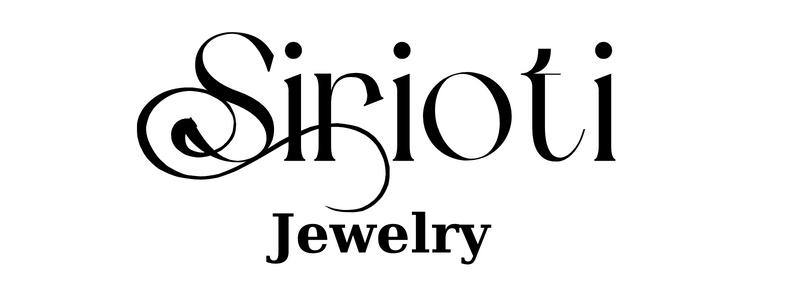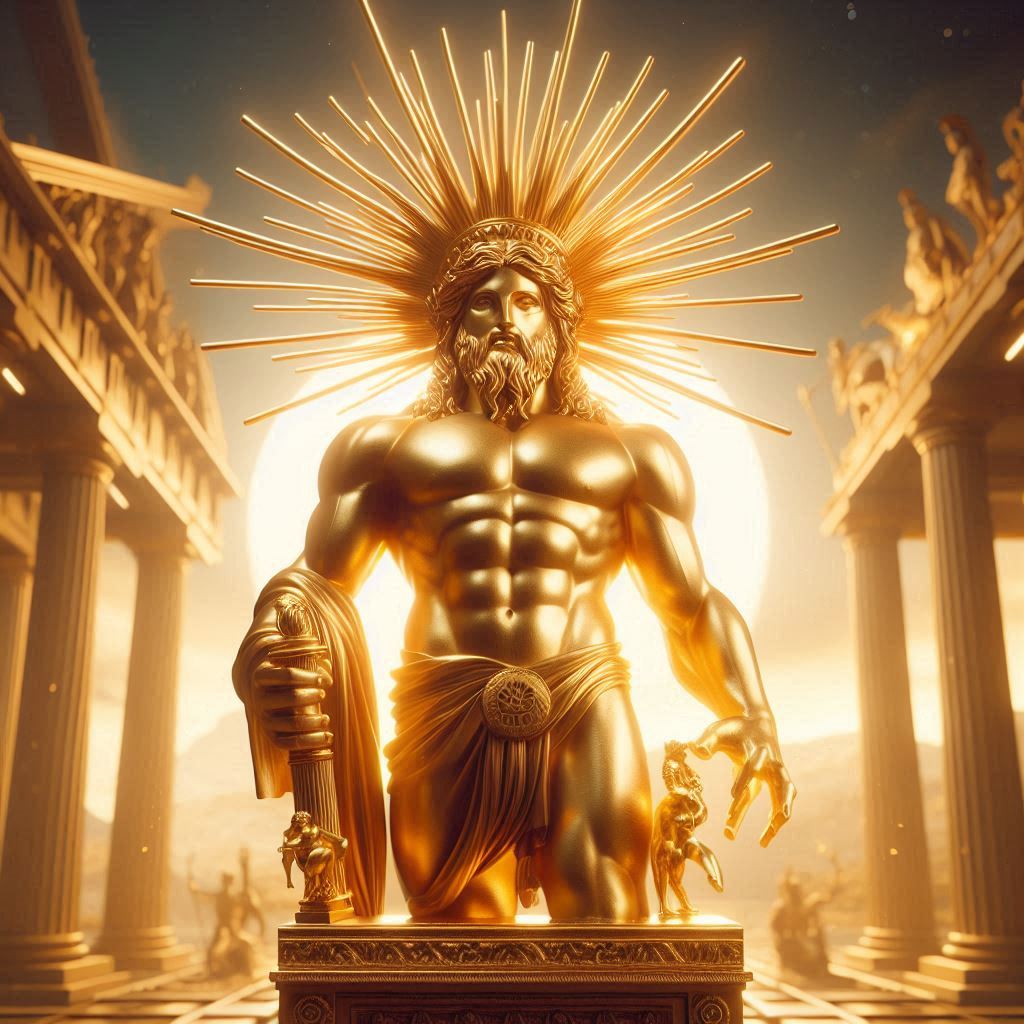Hyperion, the Titan of light, is one of the most fascinating yet underrepresented figures in Greek mythology. As a celestial being associated with the sun, moon, and stars, Hyperion’s role in ancient myth goes beyond the grand battles and rivalries typical of the Olympian gods. This blog post will explore Hyperion’s powers, his significance as a symbol of light, and how he fits into the vast mythological framework of ancient Greece.
Table of Contents
- 1. The Origins of Titan Hyperion in Greek Mythology
- 2. Hyperion's Powers and Domain
- 3. Hyperion as a Symbol of Light and Cosmic Order
- 4. Hyperion’s Legacy in Greek Mythology
- 5. Conclusion
1. The Origins of Titan Hyperion in Greek Mythology
Hyperion was one of the twelve Titans born to Uranus (Sky) and Gaia (Earth). As part of the first generation of gods, the Titans played a crucial role in the early cosmological myths before the rise of the Olympians. Unlike some of his more infamous siblings, such as Cronus, Hyperion was known more for his celestial role than his involvement in conflicts. His name, meaning "he who goes above," reflects his connection to the heavens, where he oversaw the sun, moon, and stars.
2. Hyperion's Powers and Domain
2.1 The Power Over Celestial Light
Hyperion was often revered as the Titan who wielded power over celestial light. He governed the sun's light, the phases of the moon, and the shimmering of the stars. This association with heavenly light made him a cosmic ruler, embodying the power of sight and enlightenment in the natural world. He was believed to be the first to understand and regulate the movements of the celestial bodies, a knowledge he passed down to his children.
2.2 Father of Celestial Deities
Hyperion's legacy is cemented through his three divine children, whom he fathered with his sister, Theia. Each of his children took on major roles in Greek mythology:
- Helios – The Sun god, who drives the chariot of the sun across the sky every day.
- Selene – The goddess of the Moon, who controls its cycles and tides.
- Eos – The goddess of the Dawn, who opens the gates of heaven for the sun to rise each morning.
These three deities inherited Hyperion’s domain over the cosmos, making him the progenitor of the forces of light and time.
3. Hyperion as a Symbol of Light and Cosmic Order
In Greek mythology, Hyperion’s role was more symbolic than active in mythological stories. He represented the brilliance and order of the heavens. As the Titan of heavenly light, Hyperion was a symbol of enlightenment, foresight, and the passage of time. The celestial light he controlled also signified knowledge, wisdom, and clarity, themes deeply rooted in Greek thought.
Hyperion’s role as a figure of cosmic order is particularly significant. He was believed to bring structure to the heavens, marking the cycles of day and night, the movement of the planets, and the changing seasons. His understanding of these cycles and his role in guiding the sun, moon, and stars are key reasons why he was revered as a symbol of balance in the universe.
4. Hyperion’s Legacy in Greek Mythology
Though Hyperion did not play a central role in the more famous myths of the Titans' downfall, his influence endured through his children. Helios, Selene, and Eos became more well-known in classical mythology, often embodying their father’s attributes in their domains.
While Hyperion’s mythological presence is relatively subtle, his symbolism persisted in ancient and modern thought. The name "Hyperion" has been used in literature and astronomy, representing grandeur, light, and the unchanging order of the cosmos. John Keats’ unfinished epic Hyperion highlights the Titan’s sorrow as he loses his rule to younger gods, giving him a tragic yet powerful presence in modern poetic imagination.
5. Conclusion
Titan Hyperion’s role in Greek mythology is a testament to the ancient world’s understanding of the cosmos and the importance of light as a symbol of wisdom and order. His influence is not found in dramatic myths but in the celestial bodies and forces he ruled over—sun, moon, and stars. As a father of key deities and a guardian of cosmic light, Hyperion’s legacy remains one of balance and enlightenment, echoing throughout history as the eternal symbol of light’s power over darkness.



